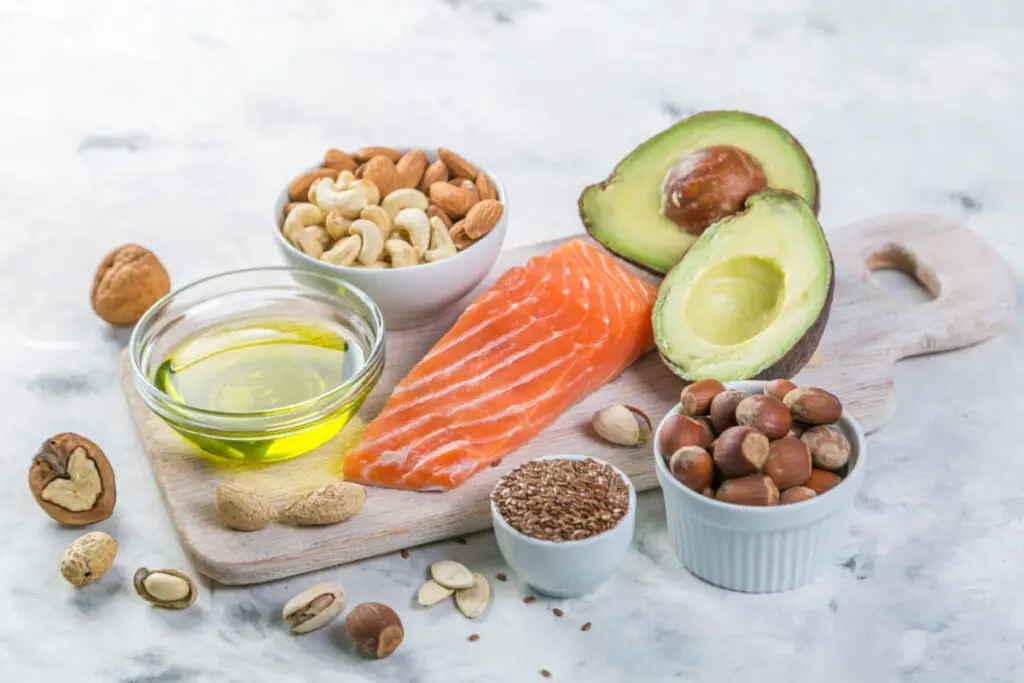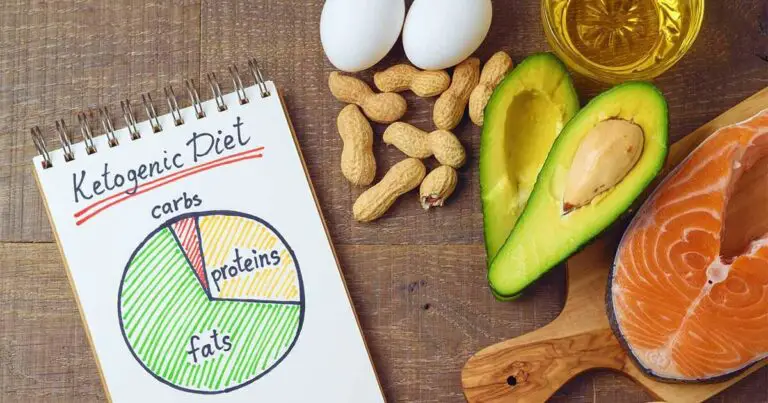How Does the Lazy Keto Diet Work?
The lazy keto diet is quite different from the popular ketogenic diet introduced a few years back. The difference is that on the lazy keto diet, carbohydrates are not completely cut out. Instead, a person continues to eat them but they are not the prime focus of his or her diet. Rather, the emphasis is on fats. In a way, the two diets are similar because both still promote the intake of carbs.
When a person completes this diet, his or her daily calorie intake will be significantly lower than it was when a person was completing a traditional high-carb diet. A typical adult should be eating about two thousand to three thousand calories per day, which is about half to one-half of the daily recommended level. On the lazy keto diet, someone eating a standard low-carb diet should aim to eat about one hundred to two hundred grams of carbohydrates per day, which is about thirty percent of the daily recommended level. Thirty percent of the daily recommended carbohydrate intake is equivalent to about fifteen grams of fat. This may seem like a lot of fat, but since the primary source of fat is not the carbohydrate, the fat does not have to be replaced and can be used as a fuel source.

Lazy Keto Diet Foods
Because the primary source of fat is not the carbohydrate, there are fewer calories and therefore less fat when a person adheres to the lazy keto diet. The most abundant sources of carbohydrates in this diet are sugar and grain refined products like breads and cereals. Both of these are converted into sugar and are part of the macro nutrients included in the diet. Therefore, they are included in this meal plan.
As for the amount of carbohydrates that can be taken during this type of diet, there are a lot more than with the original keto diet and also more than with the typical American diet. The original diet restricts the total amount of carbohydrates taken, while the lazy keto diet allows more carbohydrates and a lesser amount of protein. The difference in intake comes from the breakdown of the fat. Since fat is used as an energy source by the body, the liver breaks it down in order to provide fuel to perform normal body functions. The carbs are metabolized by the pancreas to provide energy.
As a result, there are some surprising benefits to the lazy keto diet. One is weight loss, which can take place even if you have reached your ideal weight. The reason for the weight loss is not necessarily from a lack of food, but from a reduced intake of carbohydrates. By eating less carbs, your metabolic rate slows down and the result is your body burns the glucose or sugars that are not used as an energy source. Therefore, you will experience weight loss from the decreased need to take in additional calories.
Another amazing benefit of the lazy keto diet, which is promoted by fitness guru and author Kirk Patterson, is its ability to promote long-term weight loss. To achieve this, it emphasizes the importance of making dietary changes slowly, so that your body has time to get used to them. A major component of the diet is eating very small amounts throughout the day but choosing several times each day to snack. This results in your body taking in smaller amounts of carbohydrates, but your body is still allowed to perform all of its metabolic functions.
In addition to helping you lose weight, the lazy keto diet encourages someone eating more fruits and vegetables over the course of a day. This is because the recommended daily allowance of fruits and vegetables is significantly lower than the recommended amount of grains. This forces the body to burn off more of the carbohydrates in your diet, so that it can use up the sugars and starches available in the starchy vegetables and fruit. As a result, when you eat more fruits and vegetables, you feel fuller for longer, so you end up eating less calories overall.
Some believe that the low-carb, high protein, low carb diet is not healthy for the long-term health. It may be true that people who follow these types of diets experience increased weight loss over the first few weeks. However, they do not remain healthier over the long term, and they are not as likely to experience a number of health benefits such as reducing cholesterol and fewer signs of heart disease. These diets also cause more insulin to be produced, causing people to experience higher cholesterol levels as well as constipation, diarrhea and bloating. This unhealthy trend is something that the author claims is directly related to a number of modern diseases, including cancer and diabetes.




